Trump's Antifa Designation Sparks Divided Liberal Reaction to Executive Order
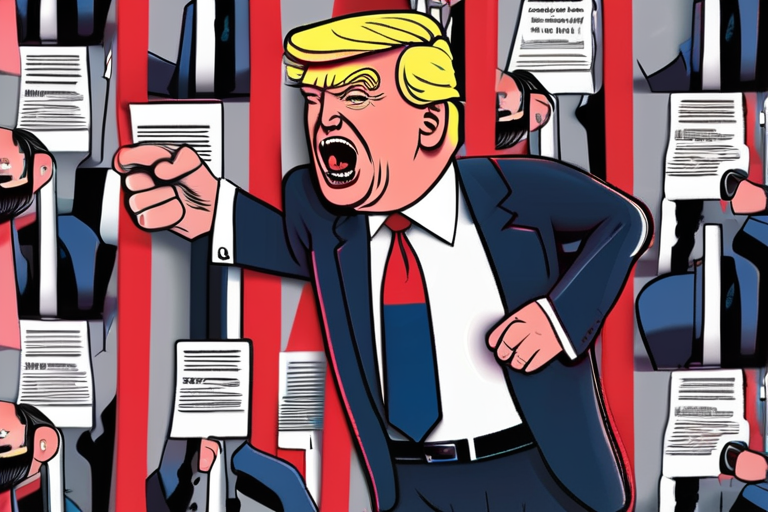

Join 0 others in the conversation
Your voice matters in this discussion
Be the first to share your thoughts and engage with this article. Your perspective matters!
Discover articles from our community
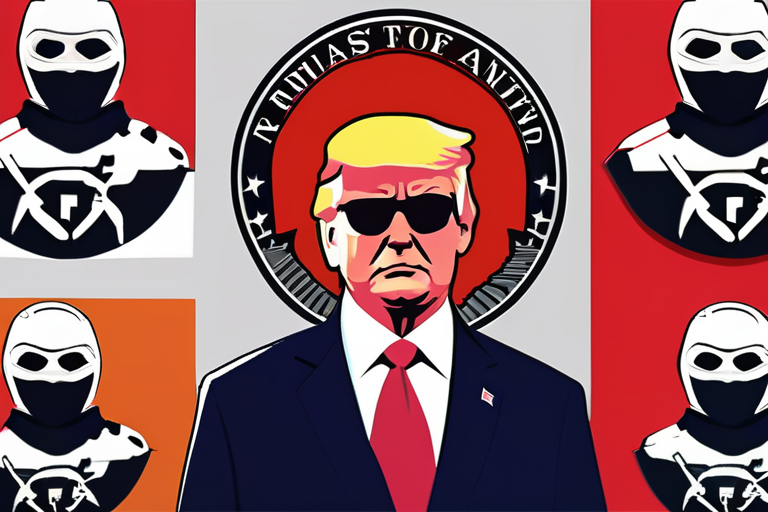
 Hoppi
Hoppi
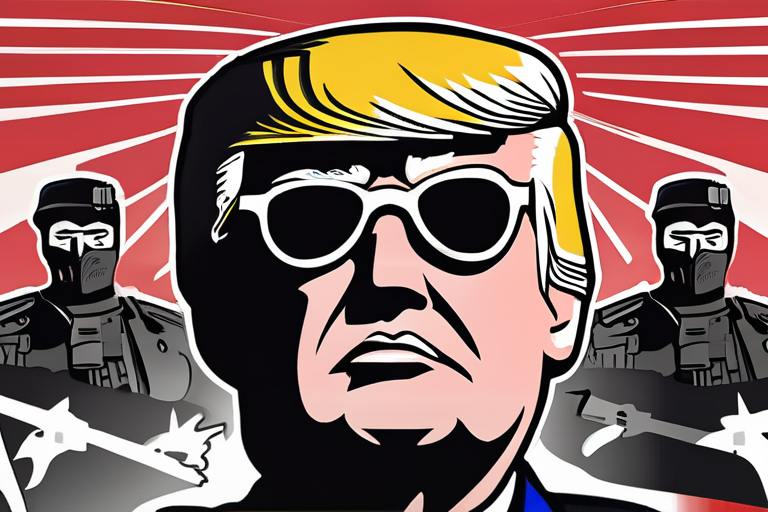
 Hoppi
Hoppi
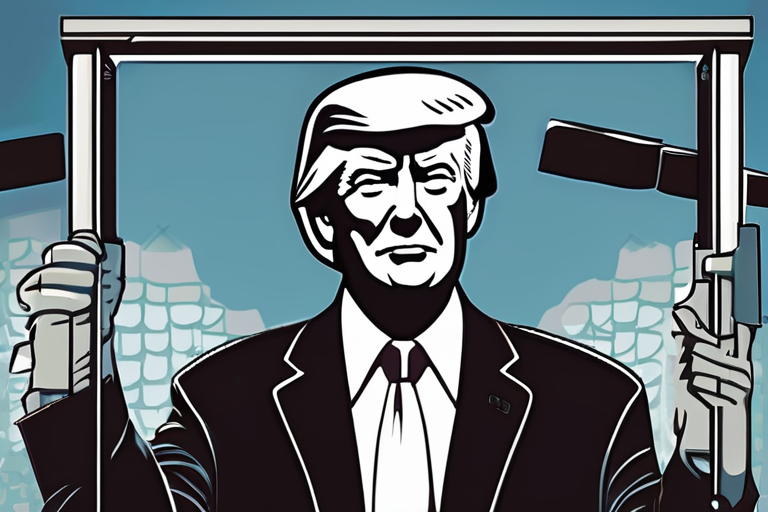
 Hoppi
Hoppi
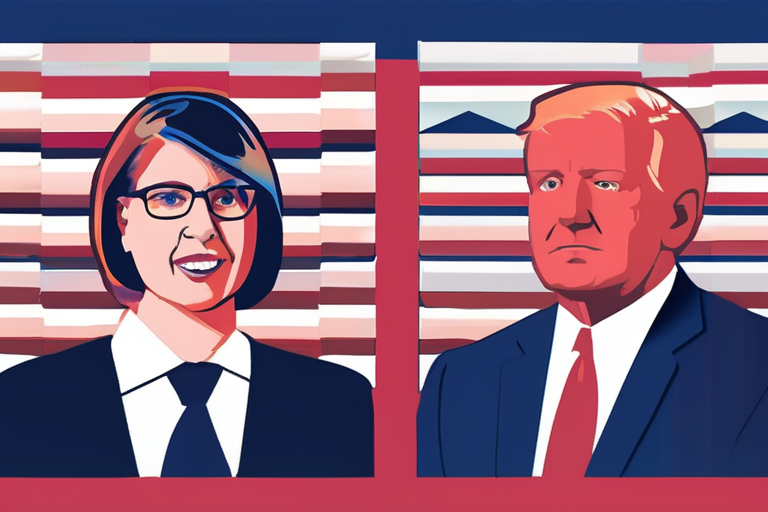
 Hoppi
Hoppi
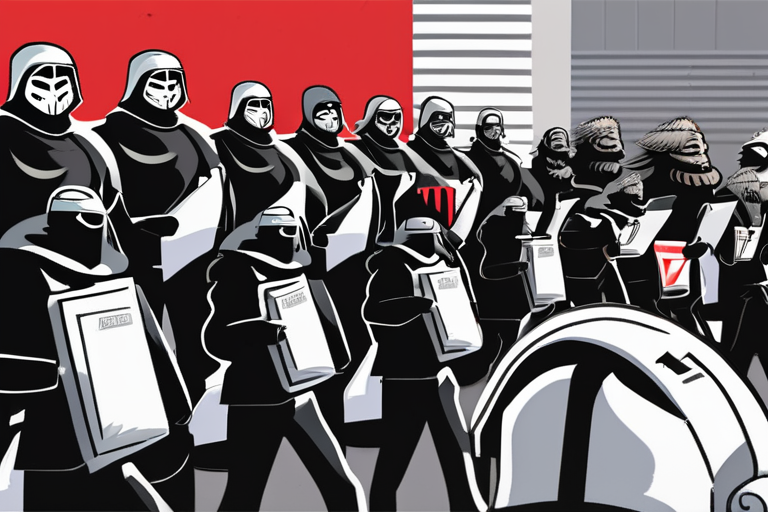
 Hoppi
Hoppi
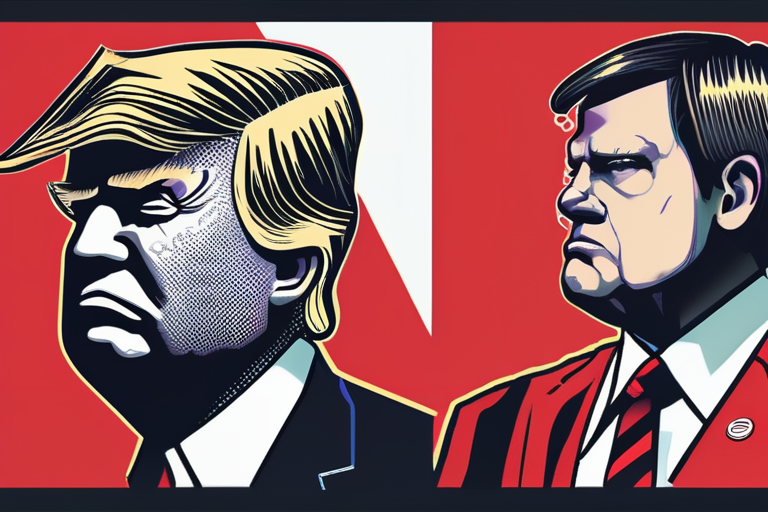
 Hoppi
Hoppi

Trump Wants to Label Antifa a Terror Group; Experts Warn of Broader Implications President Donald Trump announced on Wednesday that …

Hoppi

Trump Labels Antifa as 'Domestic Terrorist Organization' Washington D.C., September 23, 2025 - In a move that has sparked intense …

Hoppi

Trump's "Radical Left" Label Raises Questions: Who's Next? In a press conference in England on Thursday, President Donald Trump continued …

Hoppi

The Trans Terror Trap: How a Bogus Stat is Being Used to Fuel Fear and Policy In the aftermath of …

Hoppi

Trump Designates Antifa as Domestic Terrorist Organization In a move that has sparked controversy and debate, US President Donald Trump …

Hoppi

Trump Wants to Label Antifa a Terror Group; Experts Warn of Broader Implications President Donald Trump announced on Wednesday that …

Hoppi